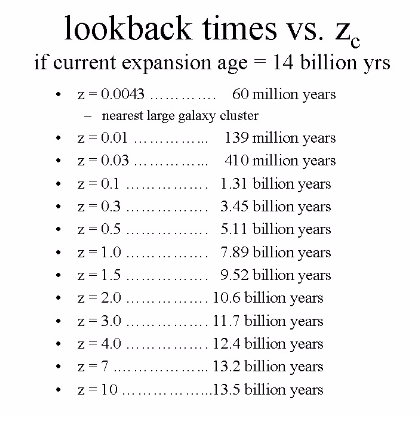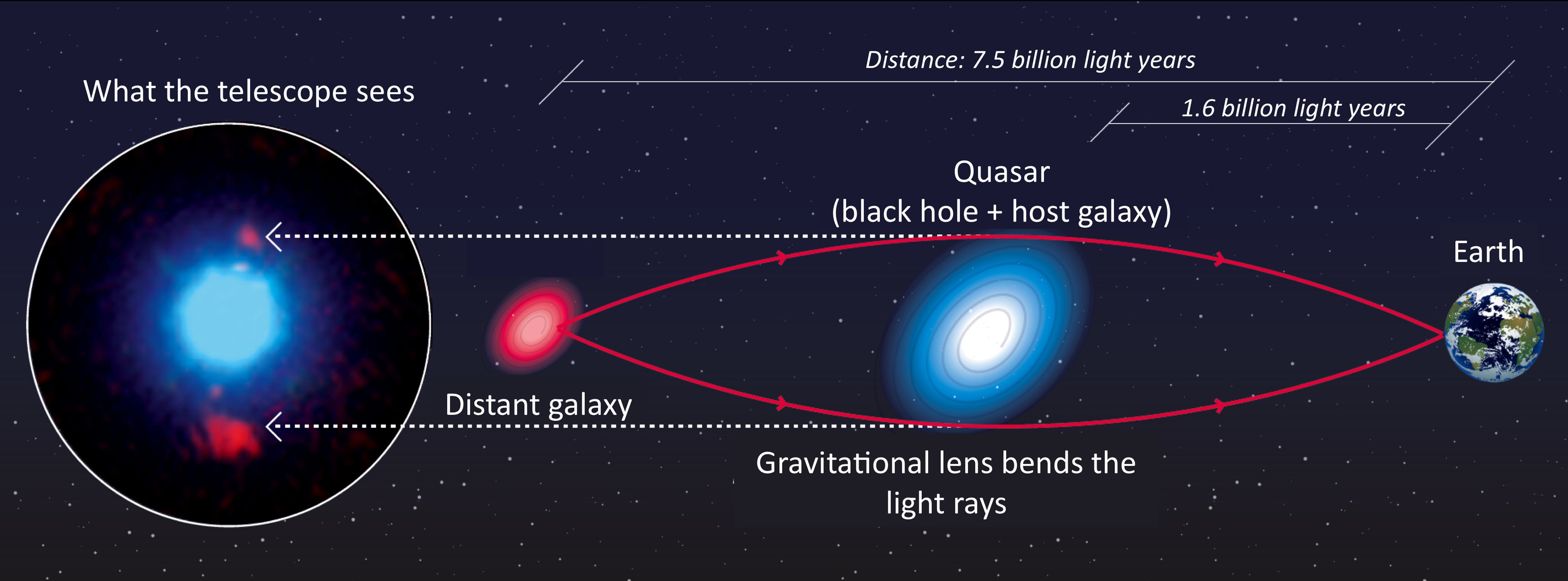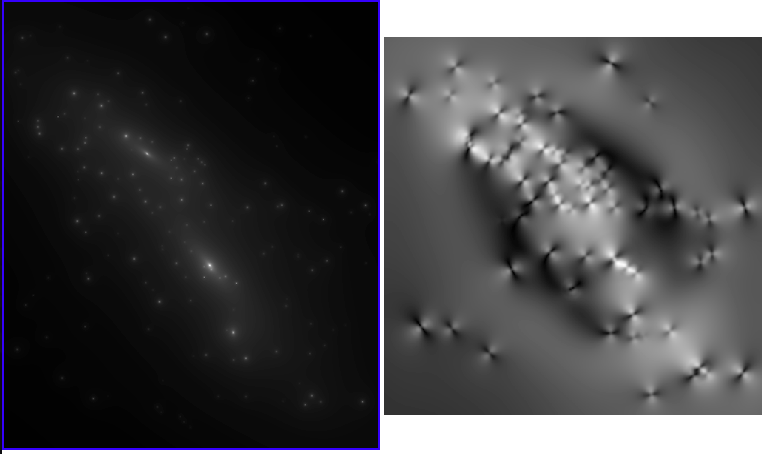3 Weeks In...
I'm now starting my third week working in the astrophysics department here at Tufts! It's been a lot of fun so far. The first week, I spent most of my time reading and learning about what exactly my project is. Let me back up and explain to you what I'm doing:
Using data from the Hubble Frontier Fields, I'm calculating the magnification of galaxies that have relatively high redshifts (meaning they are very far away and are very in the past, see numbers below). Most of the galaxies I am looking at fall between z = 0.4 and z = 5. Essentially, I'm looking at the history of the Universe o.O

The magnification of a galaxy is simply it's brightness. The brightness of a galaxy can tell us a lot about it. We know that younger galaxies are brighter because they have a higher population of massive, bright stars that don't live very long on an astronomical timescale. The further back we look in time, we are expecting much younger, newly forming galaxies.
Knowing this information now, I can tell you that I am writing code (yes, lots and lots of code) that calculates the magnifications of distant galaxies using different models other astrophysicists have created. Each model differs slightly, since we are not entirely sure the exact calculation for the magnification of a galaxy using gravitational lensing. Gravitational lensing is when light is warped by a massive object between you and whatever you're studying and causes the image to double and become magnified, as seen below.

I'm using images, like the ones below, to extract this information.

You must be looking at these images and being like, "Whaaaat the heck are these?!". And I can honestly say I said the same thing when I saw them. The image on the left is clearly a cluster of galaxies, each bright spot being a galaxy. And interestingly enough, the image on the right is the same cluster of galaxies. Each image is looking at a different property of the cluster of galaxies.
Using these images, I have been able to fairly accurately calculate the magnifications of galaxies which is crazy because two weeks ago I had no idea what I was doing. The cool thing about doing research, at least for me, is the fact that I learn so much on the job. I've learned all about this cluster (known as MACS0416 if you feel like Googling it) and my Python skills have improved dramatically.
I can't wait to see what will come of these calculated magnifications!